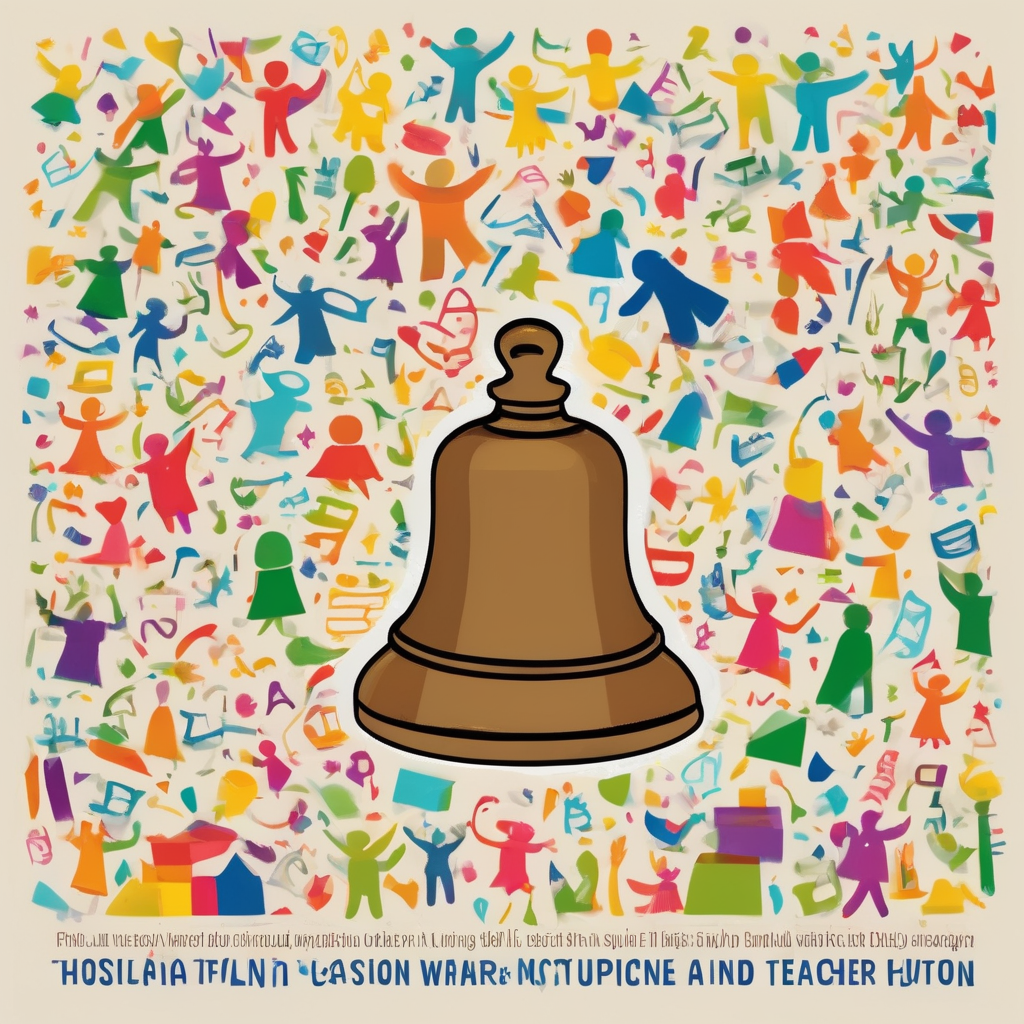Save the Children Fiji is calling on individuals and organizations to cease advocacy for the reintroduction of corporal punishment in schools and homes, labeling such measures unlawful, unconstitutional, and detrimental to children’s rights. Chief Executive Shairana Ali has spoken out against recent remarks made by the Fijian Teachers Association, which included alarming proposals such as the use of leather belts for discipline in educational settings. Ali condemned these suggestions as unacceptable, dangerous, and illegal according to Fiji’s Child Care and Protection Act.
Stressing the seriousness of advocating violence against children in schools, Ali noted that it constitutes a significant violation of child safeguarding laws and can potentially incite further acts of violence against minors. She clarified that corporal punishment is explicitly outlawed in all educational institutions under Fijian law and contradicts the constitutional protections against cruel and degrading treatment outlined in Section 41 of the Fiji Constitution.
Ali highlighted Fiji’s commitment to the UN Convention on the Rights of the Child, ratified in 1993, which mandates the safeguarding of children from all forms of violence, including corporal punishment. She firmly declared, “We cannot go backwards. Violence is not discipline,” emphasizing that evidence suggests corporal punishment negatively impacts children’s physical, emotional, and developmental well-being.
Citing a recent Multiple Indicator Cluster Surveys survey, Ali pointed out that a staggering 68% of children aged 1–14 in Fiji endure various forms of violent discipline, predominantly psychological aggression and physical punishment. This alarming statistic underscores a troubling reality, especially among rural and iTaukei children, indicating a critical need for education and a change in social attitudes regarding child discipline.
Looking ahead, Ali asserted that no child should live in fear or pain and advocated for a transformative move toward non-violent and respectful disciplinary practices. She reaffirmed Save the Children Fiji’s dedication to working collaboratively with families, educators, faith-based organizations, and government bodies to provide training focused on positive discipline and parenting techniques. The organization is eager to support any school, community, or religious group interested in adopting non-violent child discipline approaches.
This strong stance against the reestablishment of corporal punishment is essential for creating a nurturing environment for children, promoting their emotional and psychological health while adhering to the legal frameworks designed to protect them. As conversations progress, there is optimism for the wider acceptance of positive disciplinary methods that can enhance educational environments, fostering a safe and supportive space where children can flourish.
